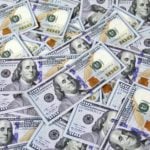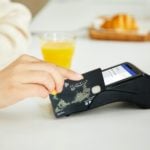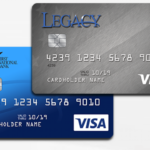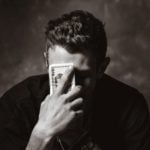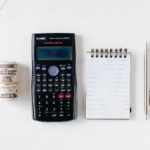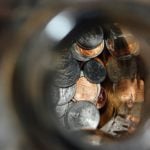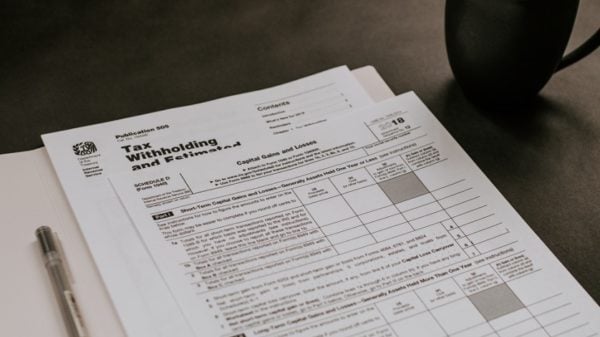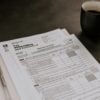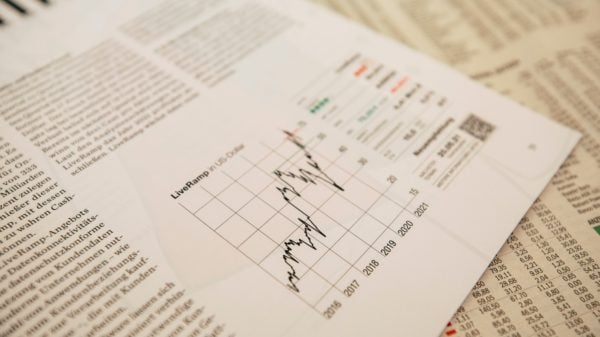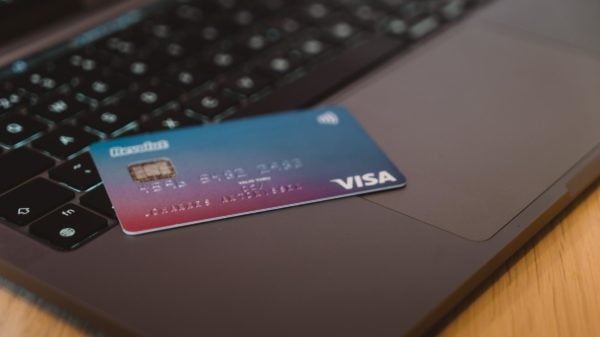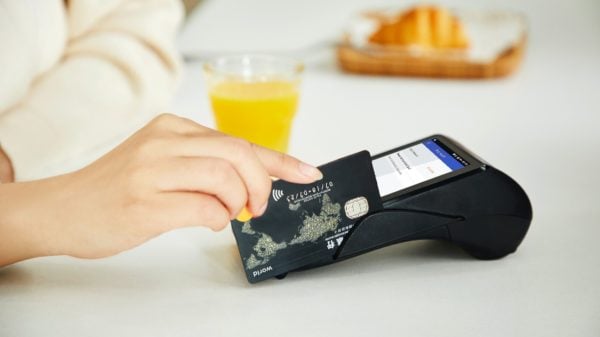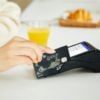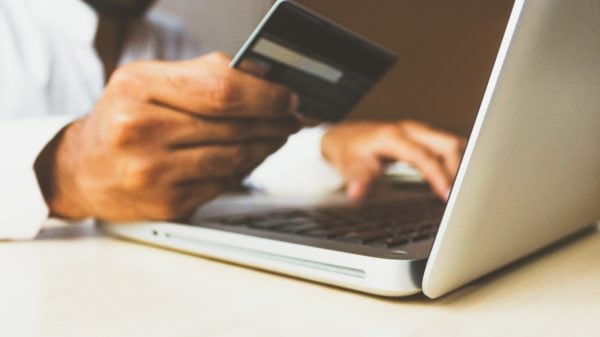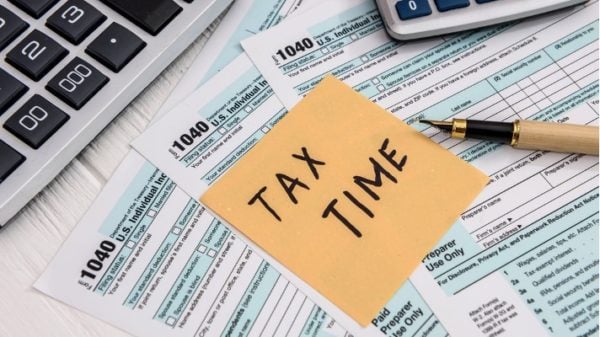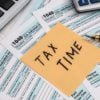Any retail business is no longer new to mystery shoppers. In fact, the top management hires them to audit and ensure that their customer service is up to standards. Not everyone is aware that these secret shopper jobs are for real. Ordinary consumers may wonder how exactly does this profession work and does it only involve buying stuff? Some are curious about their duties since the professional has gradually gained popularity over the years. Like food tasters and food bloggers where they get paid to eat at restaurants, secret shoppers are paid to purchase things from a retailer.
Where Do These Secret Consumers Go
Shoppers will be assigned to several service-based establishments such as apartments, retailers, banks, and restaurants. These are places where the staff will serve clients or consumers.
Their Tasks
Entrepreneurs invest a lot of money hiring secret shoppers to conduct transactions and keep a comprehensive record of their encounter. These consumers buy goods, eat at a cafe, return merchandise and inquire about products. The vendors who paid them don’t expect to get their opinions about their experience but evaluate the activity they’ve done and observe the staff from a client’s perspective.
Some of the information that these shoppers gather are typical impressions coming from a casual consumer. However, some of them were meant to ask complicated queries or situations to validate how staff would react and handle such cases. The mystery customers are instructed to be difficult consumers.
Essential Details To Be Gathered
The management who hired these ‘fake consumers’ expect them to record the number of staff present during the shopping activity and how many of them are in the selling area. They may also need to take note if they were greeted warmly upon entering the establishment or if they’ve been blatantly ignored since staff are all chatting with one another. These details will validate the quality of customer service for that particular shop.

A secret shopper can come from different walks of life
Aside from the service, shoppers will inspect the items they’ll buy, observe how such products are presented and sold to them by the salesperson. They must take note if they have been given any suggestions and add-ons during the transactions. Things like these are essential to the top management since it will also lead to an increase in sales. Their observation phase doesn’t end with paying the cashier, but it will last until they’ve walked out the door. Shoppers have to comment on if the end-of-sale procedure is done accordingly. Is the entire experience above expectation, satisfactory or unsatisfactory? Secret customers have to evaluate their overall encounter.
As part of the scope to be inspected, the cleanliness of the office or shop is included. This means they’ll be looking at the tidiness of the table and the staff’s physical appearance, such as if they’re wearing makeup and their uniforms are well-pressed. Even the condition of the toilet can at times be included in their report. In this way, all bases are covered, and the business owner will know which part of the operation needs improvement.
















